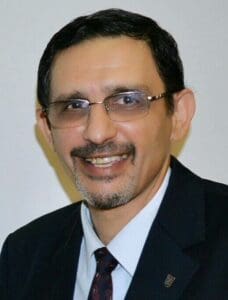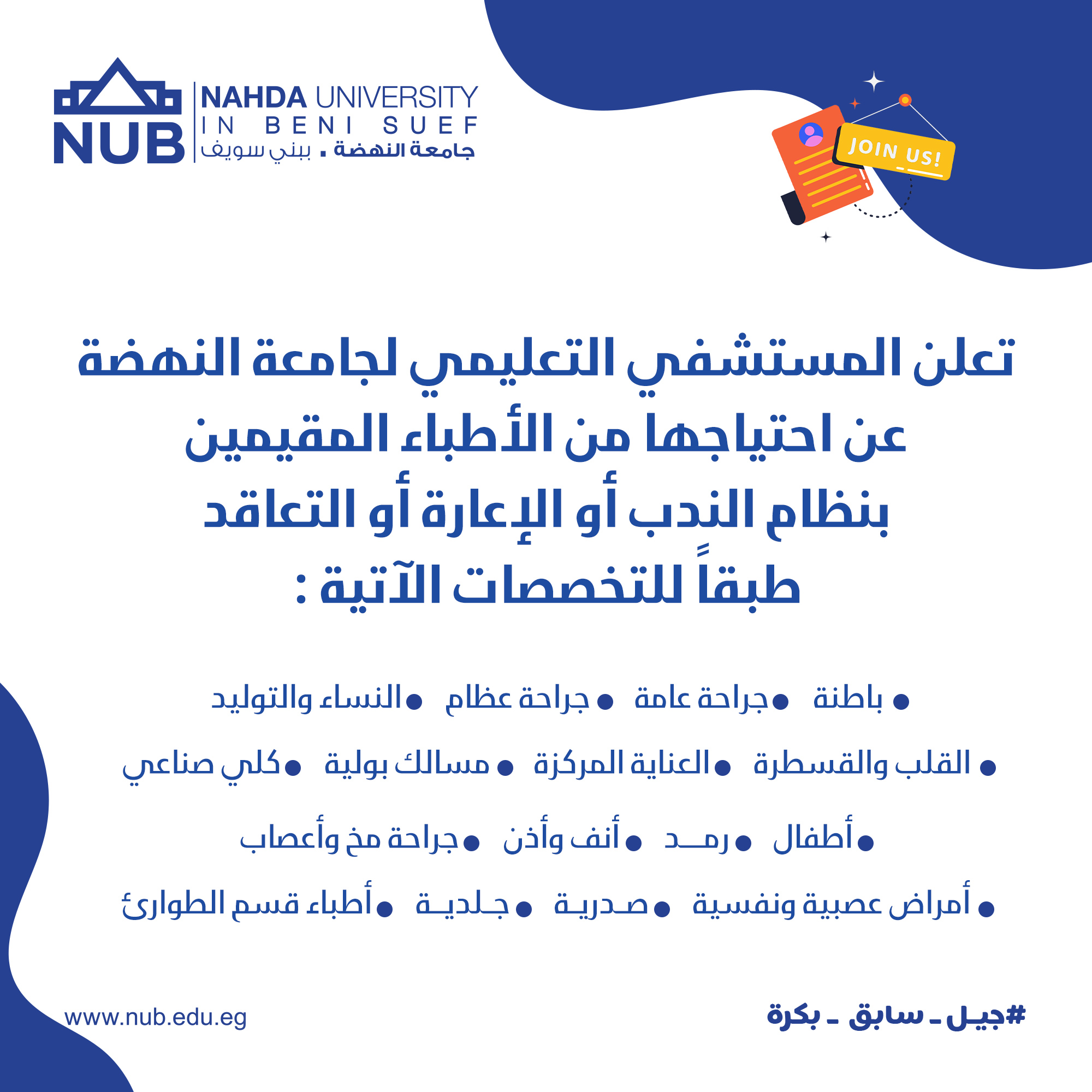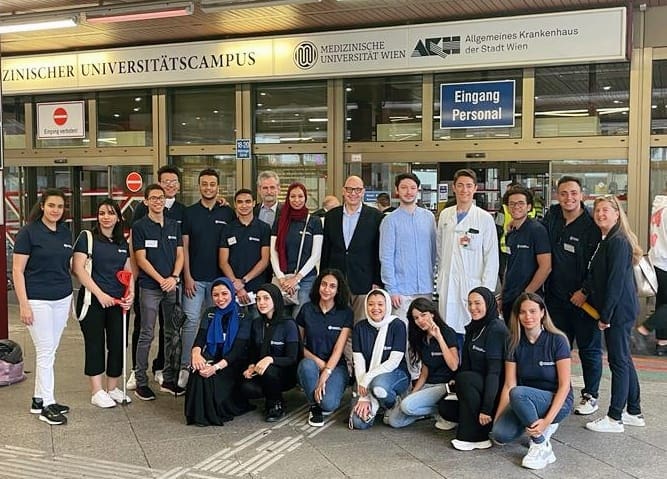Duration of Study:
• Five years program followed by two obligatory training (house officer years).
• All courses are conducted in English
Degree:
The faculty grants students a bachelor’s degree of Medicine & Surgery (MBBCh) in the following fields:
• Medical Biochemistry
• Medical Histology and Cell Biology
• Medical Parasitology
• Medical Microbiology and Immunology
• Public Health
• Forensic Medicine and Clinical Toxicology
• General Surgery
• Obstetrics and Gynecology
• Cardiology
• Clinical and Chemical Pathology
• Chest
• Neurology
• Orthopedics
• Vascular Surgery
• Anesthesia
• Neurosurgery
• Critical Care
• Oncology
• Medical Physiology
• Human Anatomy and Embryology
• Clinical Pharmacology
• Pathology
• Ear, Nose and Throat
• Ophthalmology
• Internal Medicine
• Pediatrics
• Rheumatology
• Dermatology
• Tropical Medicine
• Psychiatry
• Pediatric Surgery
• Plastic Surgery
• Cardiothoracic Surgery
• Urology
• Family Medicine
• Radiology
WHY JOIN THE FACULTY OF MEDICINE?
Partnership with leading Medical University of Vienna:
The Medical University of Vienna, founded in 1365, is the largest medical organization in Austria and the 2nd oldest medical school in Europe, and provides Europe’s largest hospital, the Vienna General Hospital, with all of its medical staff.
There have been seven Nobel prize laureates affiliated with the medical faculty, and fifteen in total with the University of Vienna.
In the 2014–15 Times Higher Education Rankings, the Medical University of Vienna is listed among the top 15 medical schools in Europe and 49th in the world, (Clinical, Pre- clinical and Health).
The partnership agreement entails full collaboration in:
• Curriculum & Faculty development.
• Building the capacity of faculty members.
• Teaching and Assessment.
• Scientific Research and Quality Control.
• Exchange of students and faculty between the two universities.
Vision
The Faculty of Medicine of Al Nahda University aims to achieve a distinguished status as an institution that brings out the best medical practitioners and researchers in Egypt and the Middle East and that provides quality patient focused medical care and health services to the community.
Mission
- To graduate medical practitioners able to provide and develop health services to the community and patients, especially in Upper Egypt and capable of continuous learning and scientific research.
- To graduate researchers who can address the priority problems of the society and uses the most recent scientific innovations at the level of both undergraduate and postgraduate research projects.
- To graduate physicians who is committed to providing patient care consistent with the ethics of medical profession, patient safety and cost.
- To graduate physicians who are able to work with the society and its leaders to identify its health related problems and contributes to solving them. It pays particular attention to the infectious diseases prevalent in Beni Suef and Fayoum and the burden of non-communicable diseases all while targeting the development and upgrading of Upper Egypt level of health and medical care provision and improving population health indicators.

It gives me great pleasure to welcome you to the faculty of medicine in Nahda University.
The program of the medical school at Nahda University was designed in full cooperation with Medical University of Vienna to produce a doctor who is a highly competent and scientifically literate clinician, equipped to practice patient-centered health care in a constantly changing modern world, with a foundation in the basic medical and social sciences.
Our program is a 5-year study followed by a 2-years training. The program was designed to be vertically and horizontally integrated, teaching basic and clinical sciences in an integrated fashion starting from first year. The University is equipped with state-of-the-art skills lab so students learn their hands-on skills in the preclinical phase
System based modules centered on the various organ systems of the body are taught in an integrated fashion through the first phase focusing on normal and abnormal structure, function and behavior, basic and clinical sciences. Core clinical teaching blocks run in the second phase during which students are expected to apply their basic learning around the core clinical cases. More weight is given to more common diseases which affect our society. Longitudinal modules including professionalism in medicine, Research, informatics and evidence based medicine and Clinical diagnostics run though out the program
We will be there for you, Nahda University staff will assist you in every way they can throughout your study at the faculty of medicine. College will always be one of the greatest phases of your lives, I hope you enjoy every minute of it, create the memories that you will always cherish, balance scientific and extracurricular activities and fulfill all of your dreams
Professor Dr. Tarek Ahmed Said
Professor of Plastic Surgery
Dean of Faculty of Medicine, Nahda University in Beni Suef



